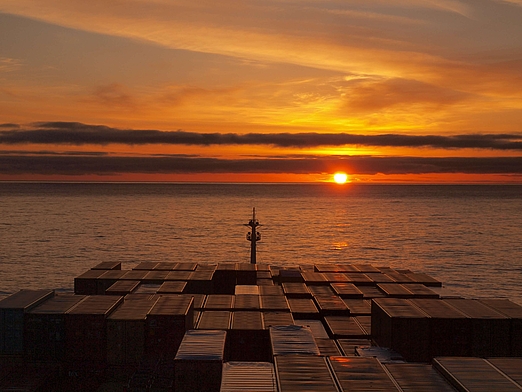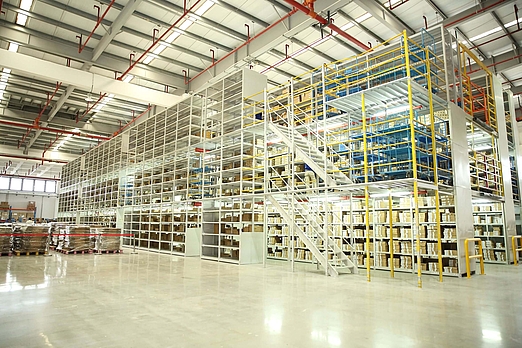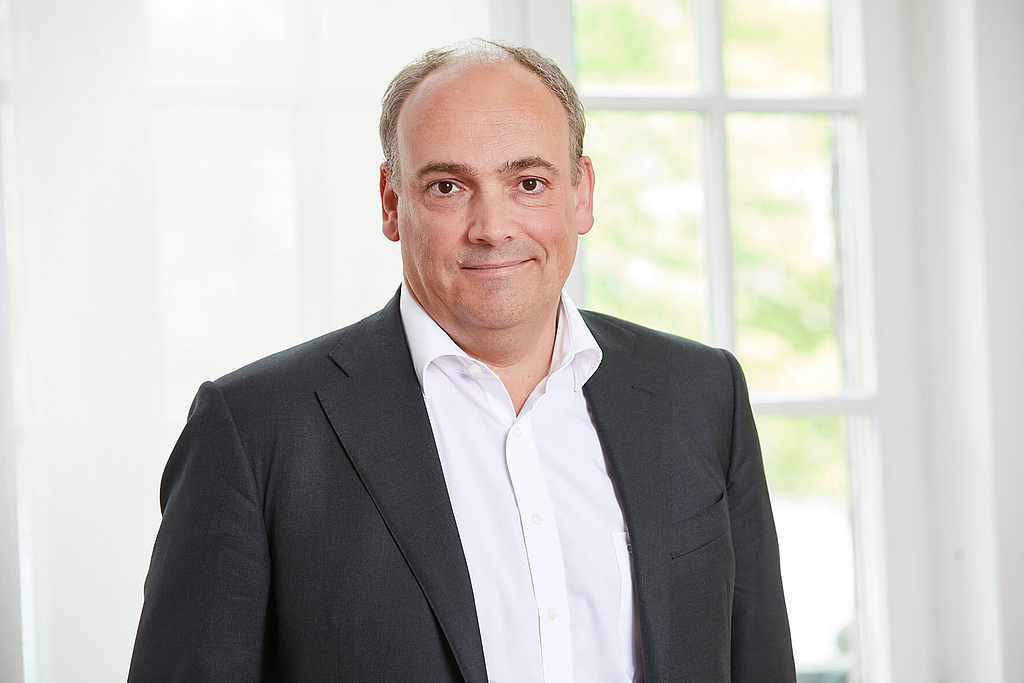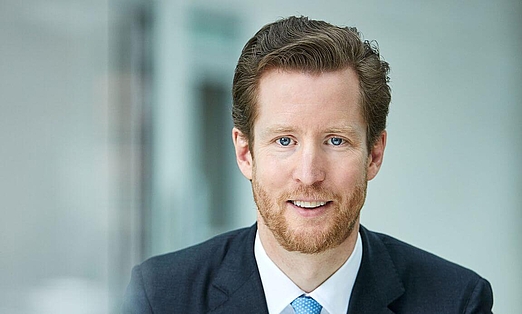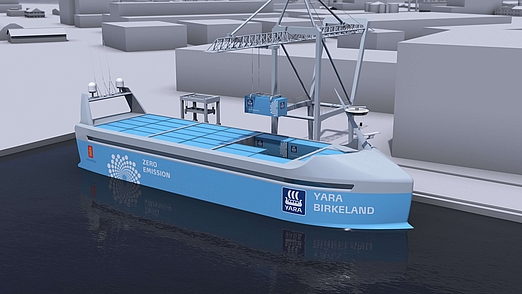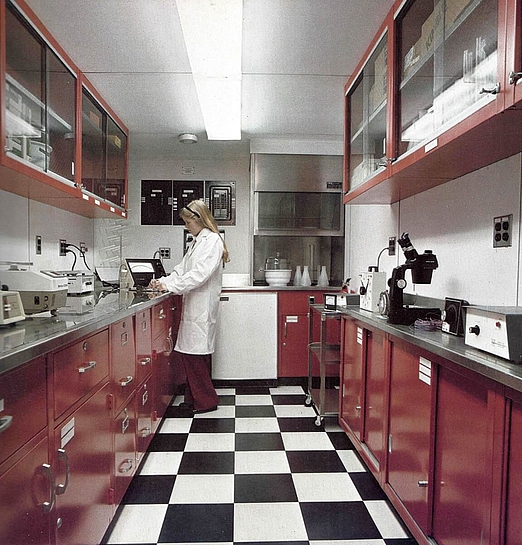“Our Industry Will Remain Extremely Volatile”
- Interviews
Hapag Lloyd AG is a renowned transport and logistics company with headquarters in Hamburg. The company is known as the fifth largest container carrier worldwide. We’ve taken the announcement of the quarterly figures as an occasion to invite Rolf Habben Jansen to talk to us about the recent developments in seafreight, acquisition plans and ice hockey.
“We don’t believe that larger ships make sense from an economic point of view. We see no need for further orders”
Rolf Habben Jansen thinks the ship size limit has been reached
“I don’t mean to trivialize our rail competitors – but we are talking about David and Goliath here.”
...on China's ambitions with the ‘New Silk Road’.
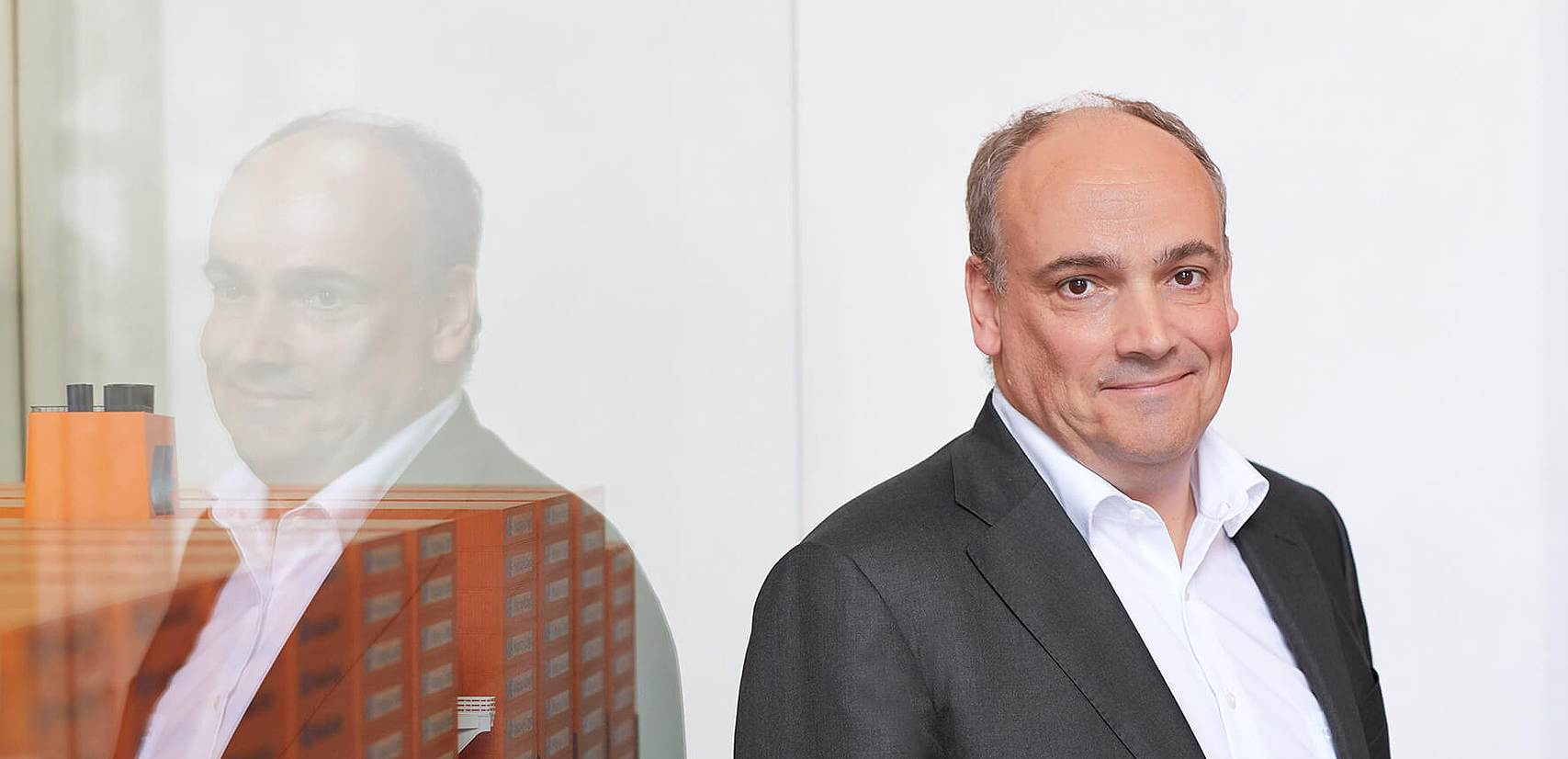
“Mistakes can happen – the important thing is to learn from them. The only way to make no mistakes is to make no decisions.”
Habben Jansen encourages employees to adopt an entrepreneurial point of view and make courageous decisions.
“If Hamburg is to continue playing an important role in the competition of European ports, there is no alternative.”
He views the deepening of the Elbe river as crucial.
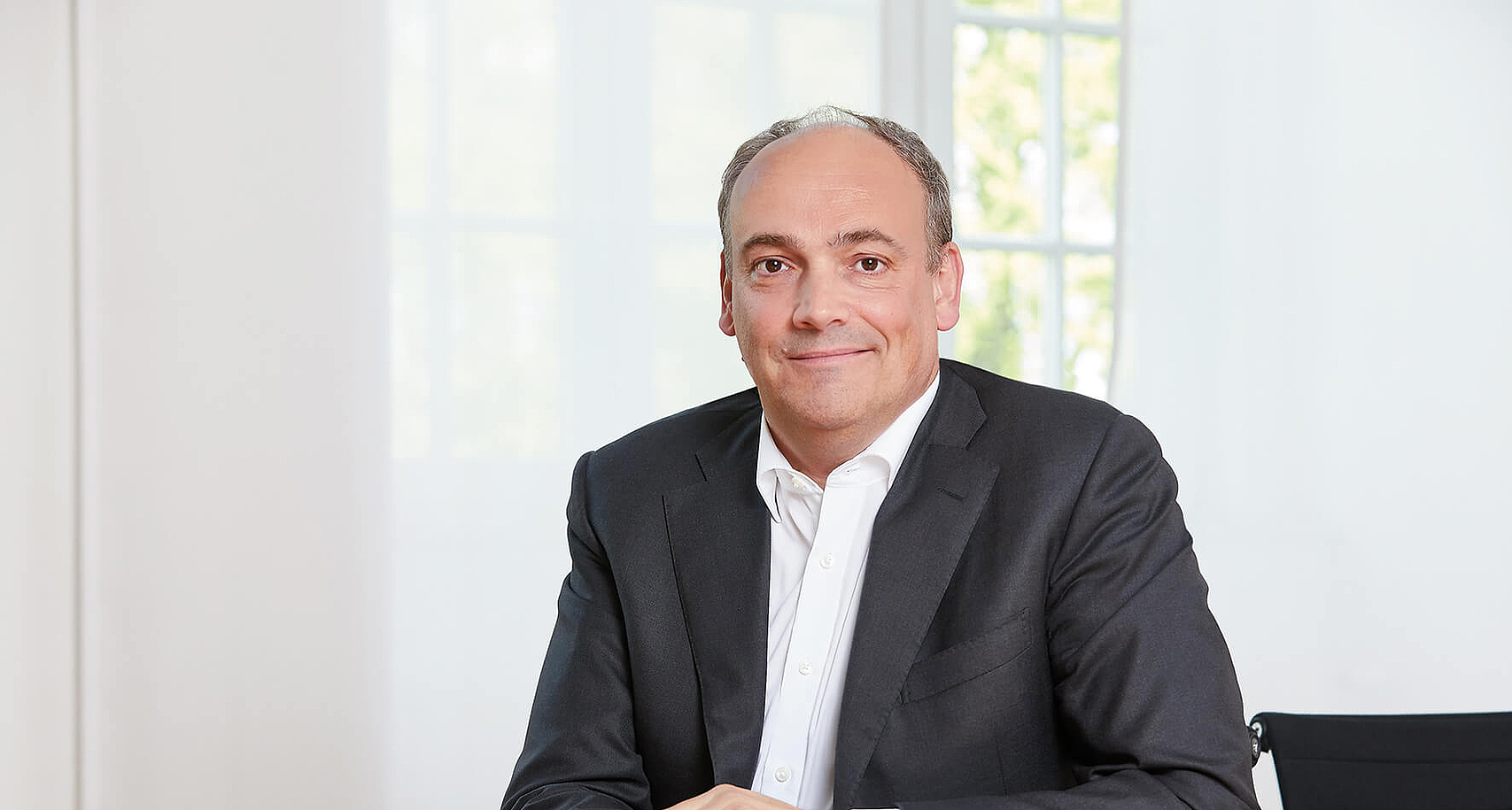
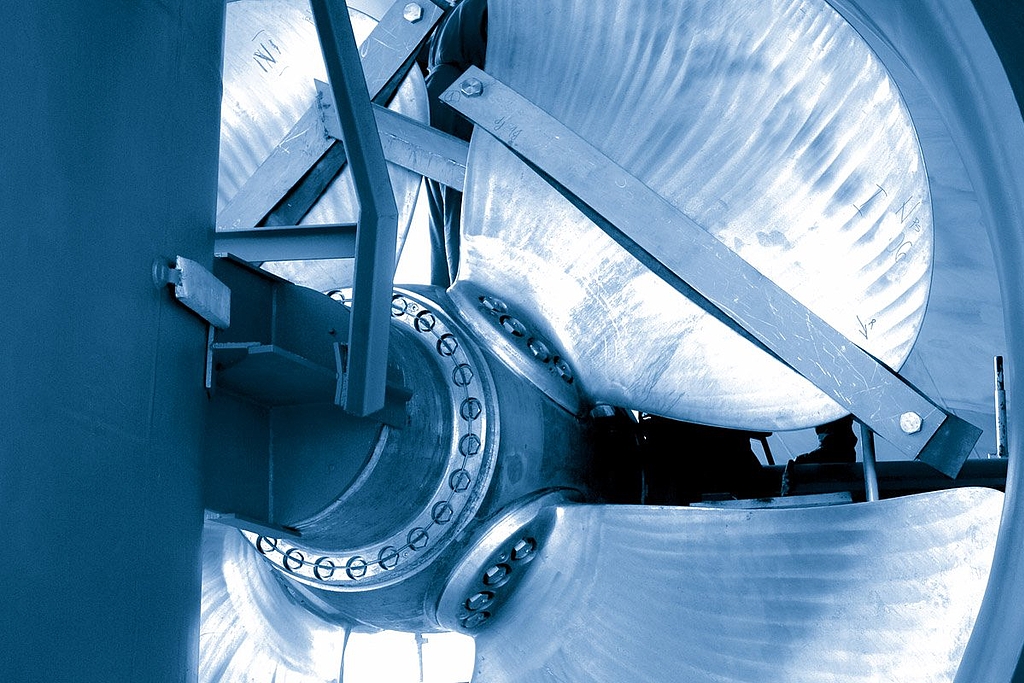

Our rail service is 50% faster than sea cargo and 60% less expensive than air cargo, giving you the best of both worlds.
Rail transport is a fast, cost-effective and environment-friendly alternative to air and sea freight. Our specialized teams will create the optimal rail transport concept for any commodity.
Find out more
